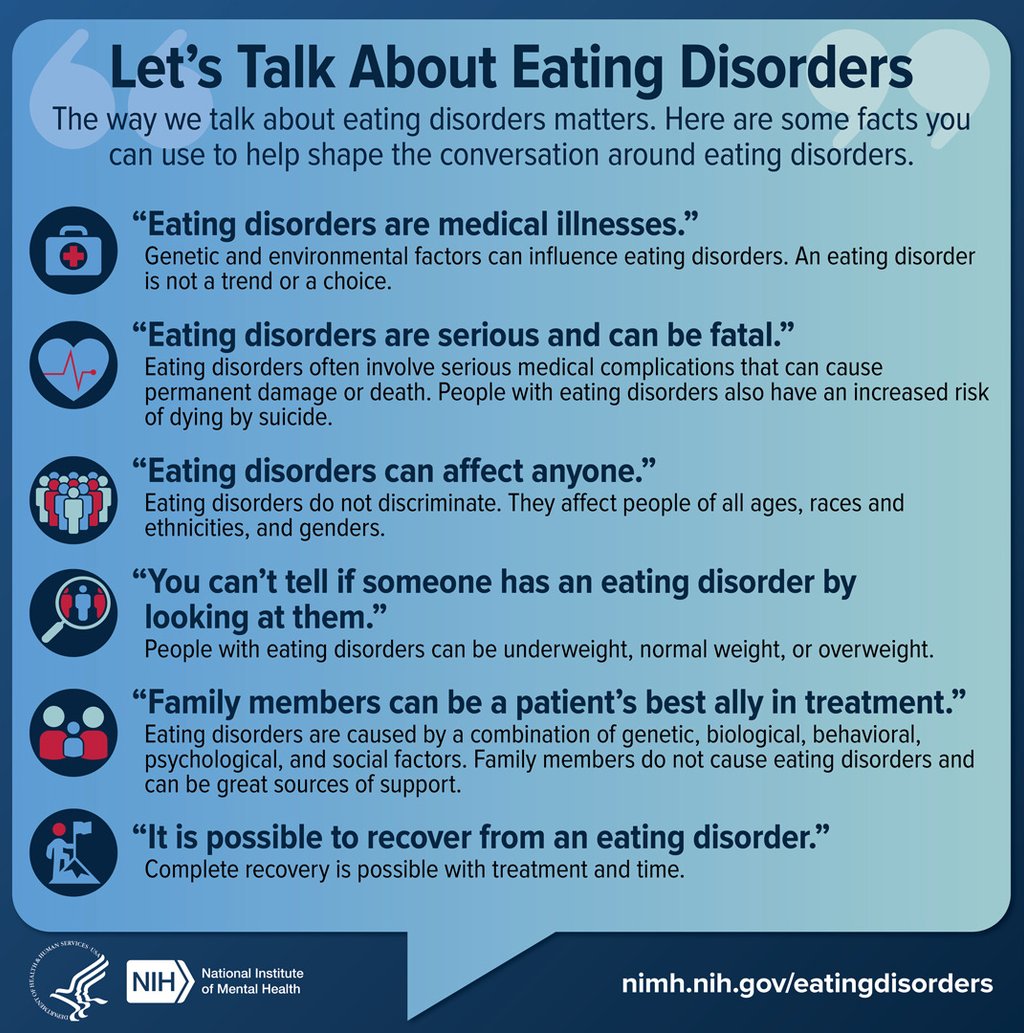
What We Do
Bulimia Nervosa Treatment
At the Joy of Life Clinic, we recognize the complex journey individuals with eating disorders navigate—a path marked by challenges in how they see themselves and their relationship with food. Our eating disorders evaluation and treatment services are designed to restore balance, health, and well-being, offering a compassionate, comprehensive approach to care that addresses both the physical and psychological facets of these conditions.
What is bulimia nervosa?
Bulimia nervosa, commonly referred to as bulimia, is a significant eating disorder marked by a damaging cycle of binge eating followed by purging to avert weight gain. Purging might involve self-induced vomiting, excessive use of laxatives or diuretics, fasting, or compulsive exercise. Like other eating disorders, bulimia is not merely about food; it's deeply rooted in complex psychological issues, including body image, control, and emotional well-being.
Bulimia nervosa is not just about food; it's a complex interplay of mental health, emotional well-being, and physical health issues.
The dangers of bulimia nervosa
The dangers of bulimia nervosa to one’s health and life are profound and multifaceted:
1. Physical Health Risks:
Electrolyte Imbalances: Frequent vomiting can lead to severe electrolyte imbalances, particularly of sodium, potassium, and chloride, which are critical for heart and muscle function. This can cause dangerous heart arrhythmias, muscle spasms, and in severe cases, heart failure.
Gastrointestinal Damage: The recurrent regurgitation of stomach acid damages the esophagus, which can lead to esophagitis, Barrett’s esophagus, and potentially esophageal cancer. Other complications might include gastritis, peptic ulcers, and pancreatitis.
Dental Issues: Acid erosion from frequent vomiting deteriorates tooth enamel, leading to tooth sensitivity, decay, and loss. Gum disease and infections in the mouth are also common.
Dehydration and Kidney Damage: Persistent purging by vomiting or diuretic abuse can lead to chronic dehydration, which over time, can cause kidney stones, kidney failure, and other renal issues.
2. Mental and Emotional Health Risks:
Anxiety and Depression: Individuals with bulimia often struggle with anxiety, depression, and severe mood swings. The stress of living with a secret eating disorder can exacerbate these feelings.
Poor Self-Esteem and Body Image: Bulimia is often associated with an intense fear of gaining weight and a distorted body image, which are at the core of many behaviors related to the disorder.
Impulsive Behavior and Substance Abuse: There is a higher incidence of impulsive behavior, including substance abuse, in individuals with bulimia. This can further complicate treatment and recovery.
3. Social and Behavioral Risks:
Isolation: Due to shame or guilt about their eating habits, individuals may isolate themselves from family and friends, which can lead to feelings of loneliness and worsen psychological distress.
Occupational and Academic Difficulties: The preoccupation with food, body image, and the act of bingeing and purging can interfere with academic performance and professional life, affecting overall life trajectory and quality.
Navigating the spectrum of eating disorders
A Holistic Understanding: Our services encompass a deep understanding of eating disorders, recognizing the unique ways they can manifest and impact an individual's life.
Personalized Care: We tailor our approach to meet the specific needs of each person, integrating medical, nutritional, and therapeutic strategies to foster recovery.
Recognizing the signs: Symptoms of Anorexia nervosa and other eating disorders
Eating disorders can be complex to detect sometimes, especially in their early stages. Understanding these behaviors, which may look healthy at first, is the first step toward healing for oneself or one's loved ones:
Anorexia Nervosa: Characterized by restricted food intake, an intense fear of gaining weight, and a distorted body image.
Bulimia Nervosa: Involves episodes of binge eating followed by compensatory behaviors such as vomiting, excessive exercise, or misuse of laxatives.
Binge Eating Disorder: Marked by recurrent episodes of eating large quantities of food, often quickly and to the point of discomfort, followed by feelings of shame or guilt.
Avoidant/Restrictive Food Intake Disorder (ARFID): Not just picky eating, but an eating disorder where the range or amount of food is severely limited.
Food addiction: A compulsive and unhealthy dependence on consuming excessive amounts of food, soda, or sugary beverages, often driven by emotional needs or physiological cravings.
The path to healing: Our evaluation and treatment approach to eating disorders
Comprehensive Evaluation: We begin with a comprehensive assessment, considering medical history, eating habits, mental health, and emotional well-being.
Integrated Treatment Plans: Our multidisciplinary team crafts a personalized treatment plan that may include nutritional counseling, medical monitoring, psychotherapy, medication, and support groups.
Continuous Support: Recovery from an eating disorder is a journey, and we provide ongoing support, adapting treatment plans as needed to ensure the best outcomes.
Treatment and management of bulimia nervosa
Managing bulimia involves a combination of:
We find cognitive-behavioral therapy (CBT) is particularly effective, helping individuals to break the binge-purge cycle, address underlying emotional triggers, and develop healthier coping mechanisms. We also prescribe antidepressants, sometimes, to treat underlying mood disorders associated with bulimia. Family therapy and support groups are crucial, as they provide the necessary support and understanding that can help individuals recover.
Recognizing and addressing bulimia early is vital for mitigating the health risks associated with this disorder. With appropriate treatment and support, individuals can recover from bulimia and regain a sense of control over their eating habits and lives.


Click here for NIH's message on eating disorders as serious medical illnesses and that the way we talk about them matters.
Click here to download the NIH infographics..
Knowing when to seek help
Disrupted Daily Life: If eating habits or thoughts about food and body image are interfering with daily life, work, or relationships, it’s time to seek help.
Physical Health Concerns: Noticeable changes in weight, dental issues, digestive problems, or irregular heart rhythms warrant immediate attention.
Emotional Distress: Feelings of guilt, shame, anxiety, or depression related to food or body image are significant signs that professional support is needed.
Our Aims and Objectives


Empowering Individuals: Our goal is to empower you with the knowledge, skills, and support needed to navigate the challenges of recovery.
Promoting Holistic Well-Being: We aim to enhance overall well-being, addressing both the physical and emotional aspects of eating disorders.
Supporting Long-Term Recovery: We are committed to supporting you through every step of recovery, helping to build resilience and prevent relapse.
Our SMART Goals Defined
Our goals are Specific (tailored to your needs), Measurable (with clear benchmarks for progress), Achievable (realistic and manageable), Relevant (aligned with your personal mental health goals), and Time-bound (with scheduled reviews to assess progress).
You didn’t come this far to stop.
Believe you can, and you're halfway there.
Theodore Roosevelt
The benefits of our eating disorders evaluation and treatment program
Expert Care: Our specialized team is experienced in treating eating disorders, offering expert care tailored to your unique needs.
Compassionate Environment: We provide a supportive, non-judgmental space to explore the underlying issues contributing to the eating disorder.
Evidence-Based Treatments: Utilizing the latest research and best practices, we offer treatments proven to support recovery and improve quality of life.

Eating Disorders We Treat
Here's our message of hope and healing
If you or a loved one is struggling with an eating disorder, know that recovery is possible, and help is here. Our clinic is dedicated to providing compassionate, expert care tailored to your unique journey. With our comprehensive evaluation and treatment services, we’re here to support you every step of the way, from initial assessment through to recovery and beyond. Together, we can restore balance, health, and happiness.
Reach out to us today and take the first step on your path to recovery.

Psychiatric evaluation and management
Other psychiatric and mental health reports.
Substance Abuse
We also provide these administrative services
Here're addiction problems we treat
Other nutrition and weight management services.
And we provide nutrition and weight management services to make your well-being even more complete
Don't let life's challenges define you—or your loved one—we are here to help you overcome and thrive!
Here're psychosocial and psychosomatic issues we treat
We operate under the laws and regulations of the State of Maryland as a Maryland outpatient clinic.

Home | About Us | Our Services | Blog | Terms & Conditions | Privacy | Telehealth | Forms & Resources | Appointments | Log In | Site Map | Contact Us
BY APPOINTMENT ONLY | NO WALK-IN
BEST WAY TO CONTACT US
Sign In to your account or Fill out the Contact Form or Appointment Form
or
Send us an Email at admin@jolclinic.com
Tel: (410) 231-3118 | Fax: (410) 262-6911
PATIENT RECORDS
To request your patient records, please sign in or go to the patient records information page.
Copyright © 2024 by the Joy of Life Clinic LLC.
4900 Belair Road
Baltimore MD 21206










